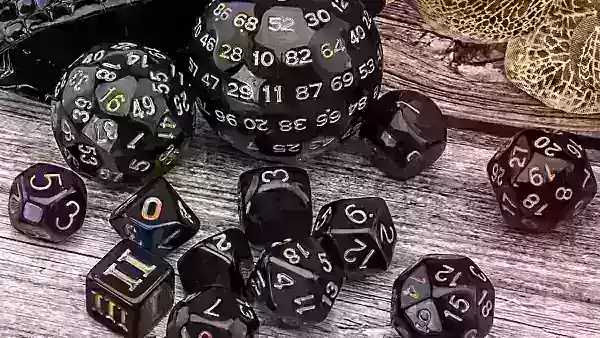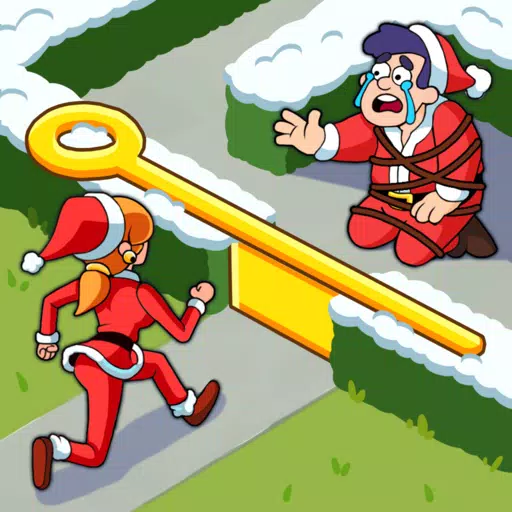"Blades of Fire: Initial Preview Released"
When I sat down to play developer MercurySteam's latest project, Blades of Fire, I initially anticipated a return to the studio's roots with the Castlevania: Lords of Shadow series, but infused with the contemporary flair of God of War. However, after an hour of gameplay, my impressions shifted toward that of a Soulslike, albeit one where the focus is heavily on weapon stats rather than character development. By the end of my three-hour hands-on session, it became clear that Blades of Fire occupies a unique space, blending both familiar elements and innovative ideas to create a distinctive action-adventure experience.
At first glance, Blades of Fire might be mistaken for a clone of Sony Santa Monica's God of War, given its dark fantasy setting, impactful combat, and a closely following third-person camera. The parallels extend further, as evidenced by the demo's opening hours, where I navigated through a labyrinthine map dotted with treasure chests alongside a youthful companion aiding in puzzle-solving. Our quest led us to a woman of the wilds living in a house atop a giant creature. Yet, the game also borrows heavily from FromSoftware's repertoire, such as anvil-shaped checkpoints that replenish health potions and respawn enemies when rested at, contributing to a sense of déjà vu.
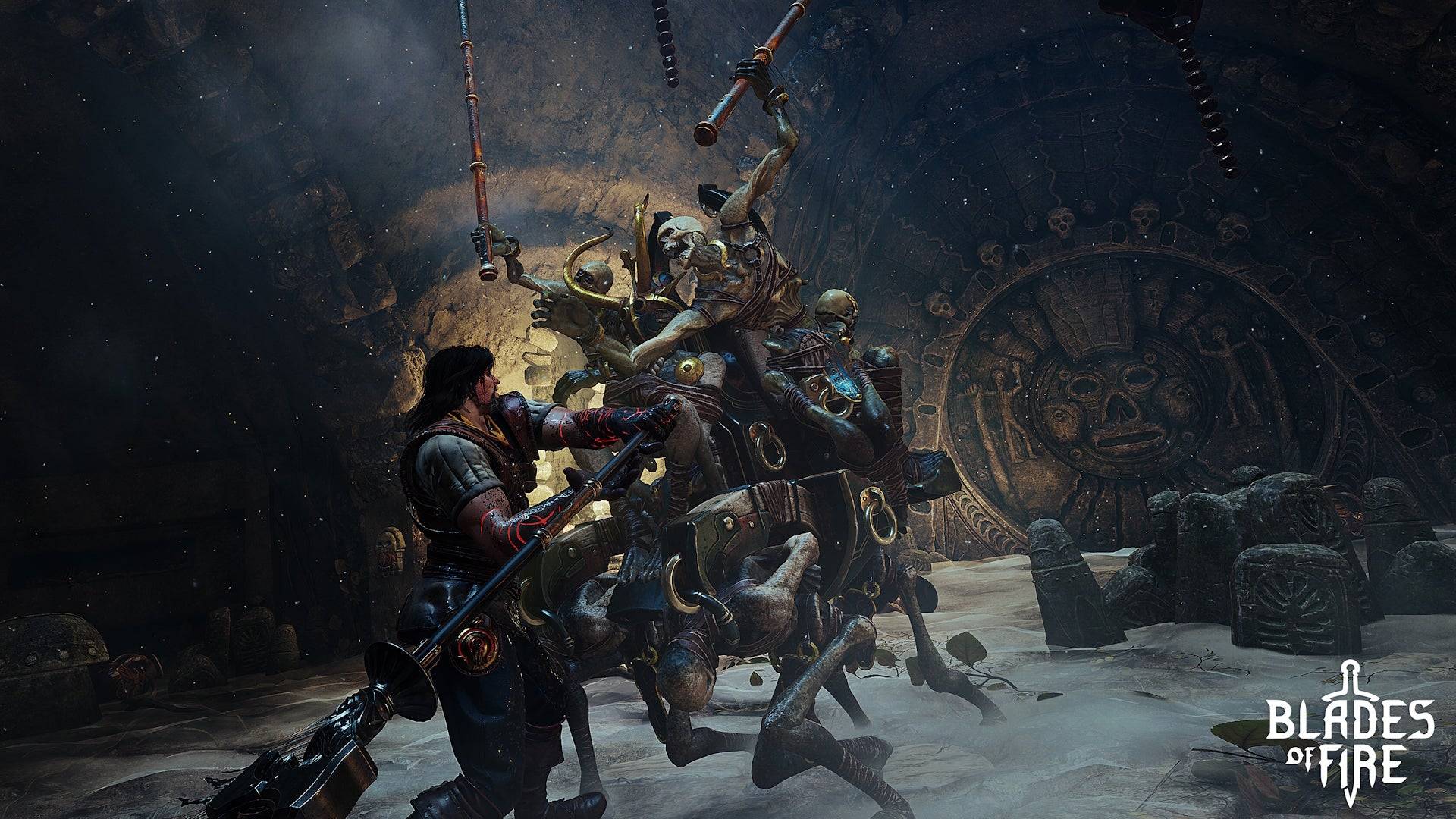
The world of Blades of Fire exudes a nostalgic 1980s fantasy atmosphere. Imagine Conan the Barbarian fitting seamlessly among its muscular soldiers or the whimsical, orangutan-like enemies bouncing on bamboo pogo sticks reminiscent of Jim Henson's Labyrinth. The narrative, too, feels retro, revolving around an evil queen who has petrified steel, and it's up to Aran de Lira, a blacksmith demigod, to vanquish her and restore the world's metal. However, the story, characters, and dialogue may not captivate as much as hoped, echoing the often-forgotten tales from the Xbox 360 era.
The game's true strength lies in its mechanics, particularly its combat system, which is built around directional attacks using every face button on the controller. On a PlayStation controller, for instance, the triangle button targets the head, cross the torso, while square and circle attack left and right, respectively. This system requires careful observation of an enemy's stance to break through defenses. For example, a soldier guarding their face can be defeated by targeting their unprotected abdomen, resulting in satisfyingly visceral effects as blood spurts from the inflicted wounds.
The combat system truly excels in encounters like the demo's first boss fight against a troll, which has a secondary health bar that can only be damaged after dismembering it. The limb you sever depends on your attack angle, allowing strategic choices like detaching its left arm to disarm it or even removing its face to temporarily blind it, adding layers of tactical depth.
In Blades of Fire, weapons demand significant attention, more so than in most games. They gradually dull with use, requiring periodic sharpening with a stone to maintain effectiveness. Switching between slashing and thrusting stances can also preserve their edge, enhancing the feeling of wielding tangible tools shaped by your combat style.
Much like Monster Hunter, you'll need to find moments during combat to sharpen your sword. Yet, every weapon has a durability meter that depletes over time, no matter how well-maintained. When a weapon breaks, you can repair it at an anvil checkpoint or melt it down for raw materials to forge anew. This leads to the game's most innovative feature: the forge.
The weapon crafting system in Blades of Fire is exceptionally detailed. Starting with a basic template, you customize every aspect of your weapon, from the length of a spear's pole to the shape of its head, affecting its range and attack style. Different materials impact the weapon's weight and stamina requirements, fostering a true sense of crafting. Once your design is complete, you physically hammer the metal on an anvil in a minigame that challenges you to match a curved line with vertical bars, with the goal of achieving a high star rating to prolong the weapon's lifespan.
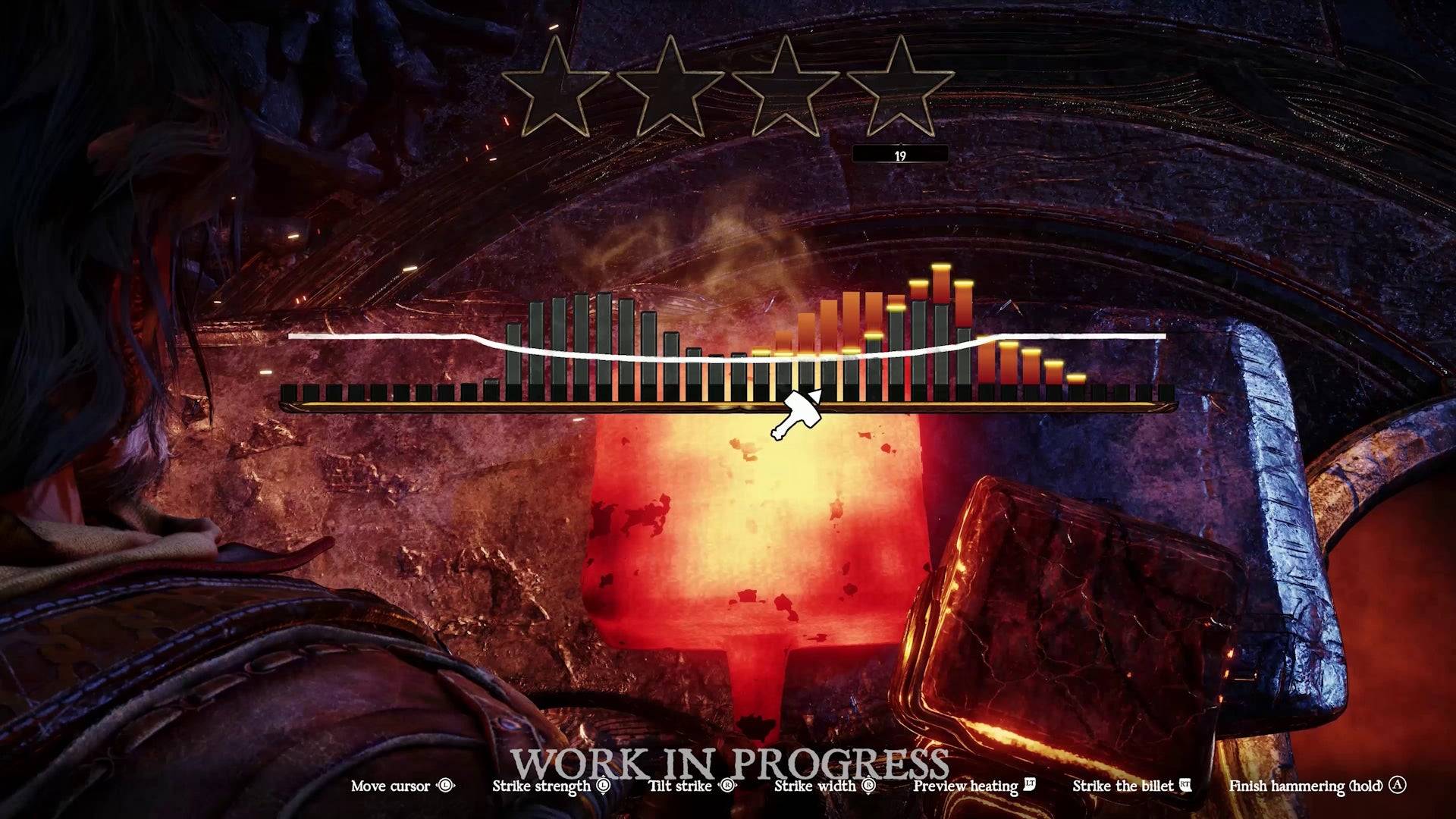
While the forge's concept is brilliant, adding a skill-based element to weapon crafting, the minigame can be frustratingly unclear, with no apparent correlation between where you strike and the resulting metal shape. Hopefully, refinements or a more effective tutorial will be implemented before the game's release.
The forging system's core concept extends far beyond the demo, with MercurySteam aiming to foster a deep attachment to the weapons players craft, intended to last throughout a journey spanning 60-70 hours. As you discover new materials in the world, you can reforge your weapons to enhance their attributes, keeping them relevant against tougher challenges. The death system reinforces this bond, as upon defeat, you drop your current weapon and respawn without it, though it remains in the world for potential recovery.
MercurySteam's adoption of ideas from the Dark Souls series is unsurprising, given FromSoftware's influence on the action genre and the fact that Blades of Fire is considered a spiritual successor to Blade of Darkness, developed by the studio's founders. This game feels like a continuation of their earlier work, enriched by advancements from other studios over the years.
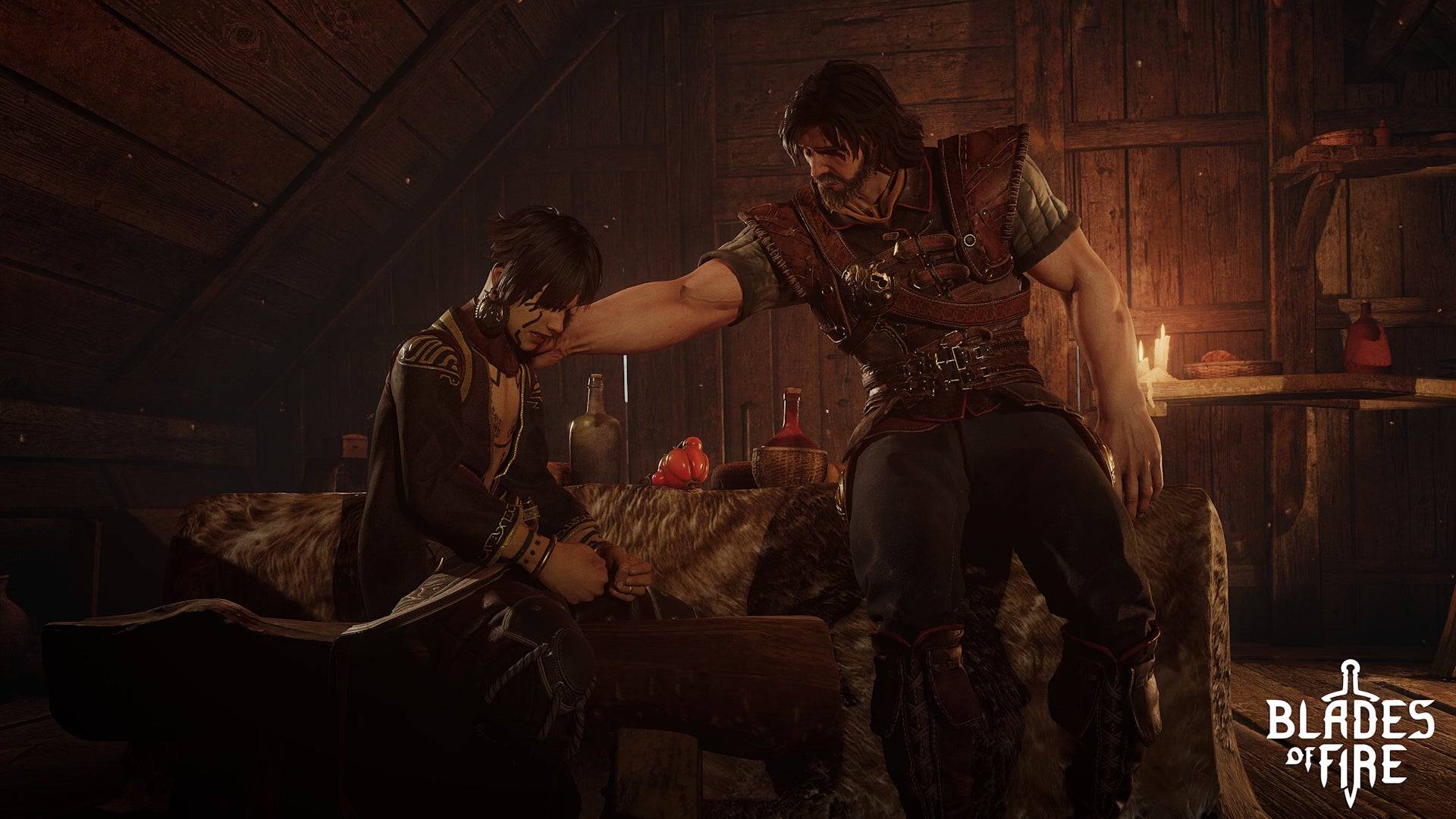
Throughout my playtime, the influences of Blade of Darkness, FromSoftware, and God of War were palpable. Yet, Blades of Fire transcends these inspirations, crafting its own unique blend of systems and ideas. It isn't merely a derivative of its predecessors but a game with its own distinct identity.
Despite some concerns, such as the generic dark fantasy setting's ability to sustain a lengthy adventure and the repetition of certain encounters, the deep connection between the player's crafted weapons and the challenges they face is compelling. In an era where complex and challenging games like Elden Ring and Monster Hunter have captured mainstream attention, Blades of Fire has the potential to offer a fresh and intriguing addition to the genre.
Blades of Fire Screenshots
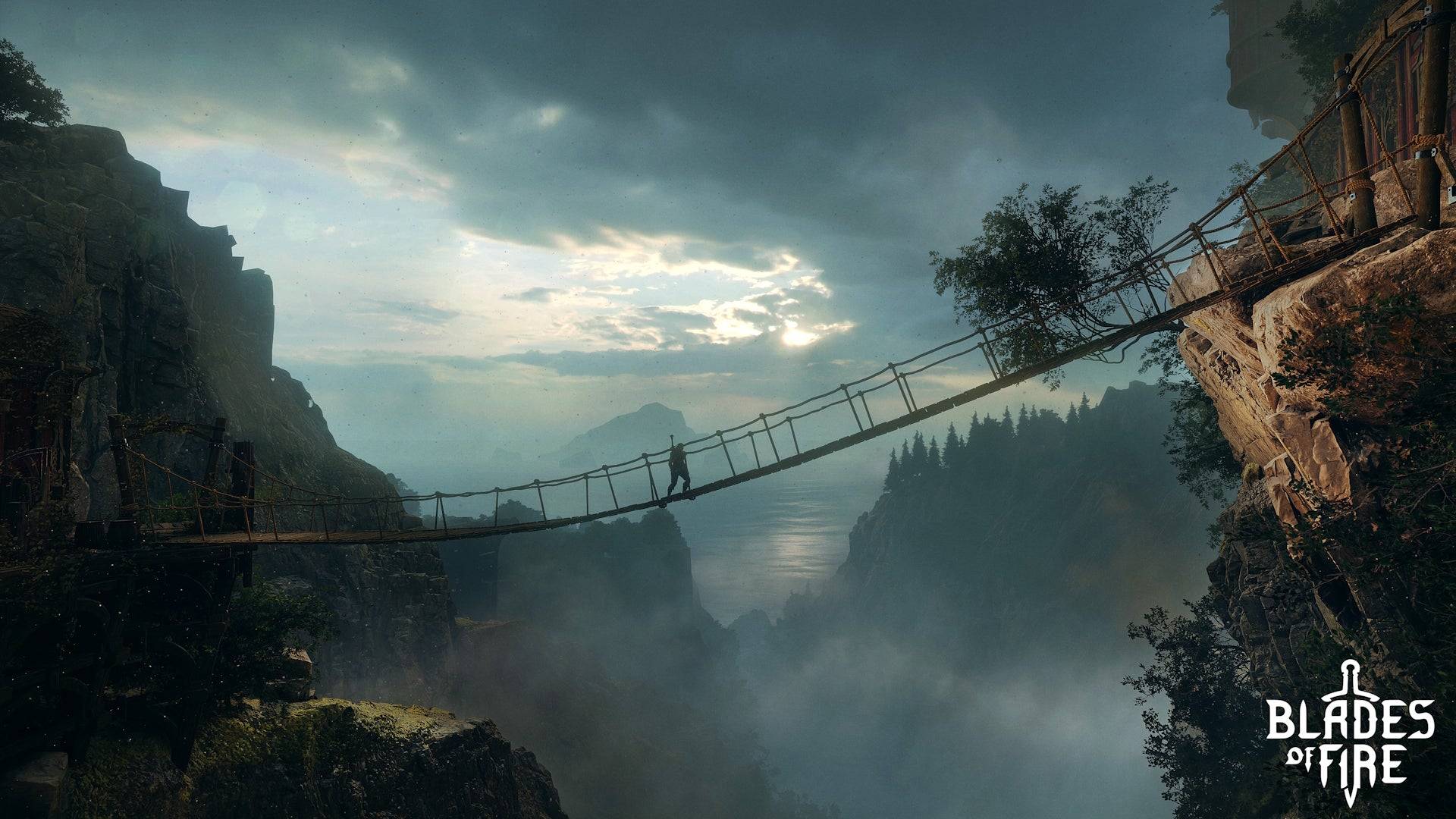
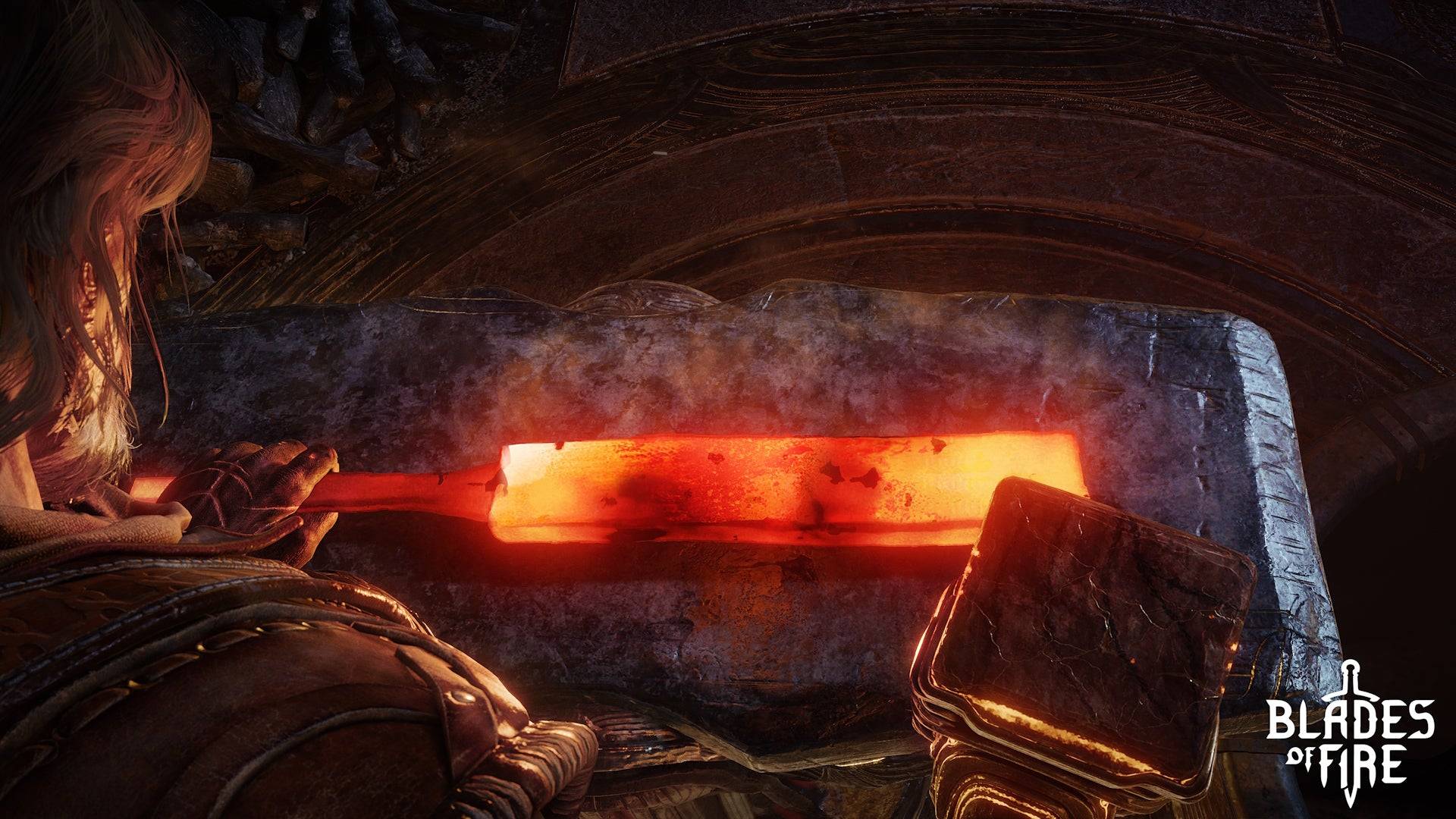 9 Images
9 Images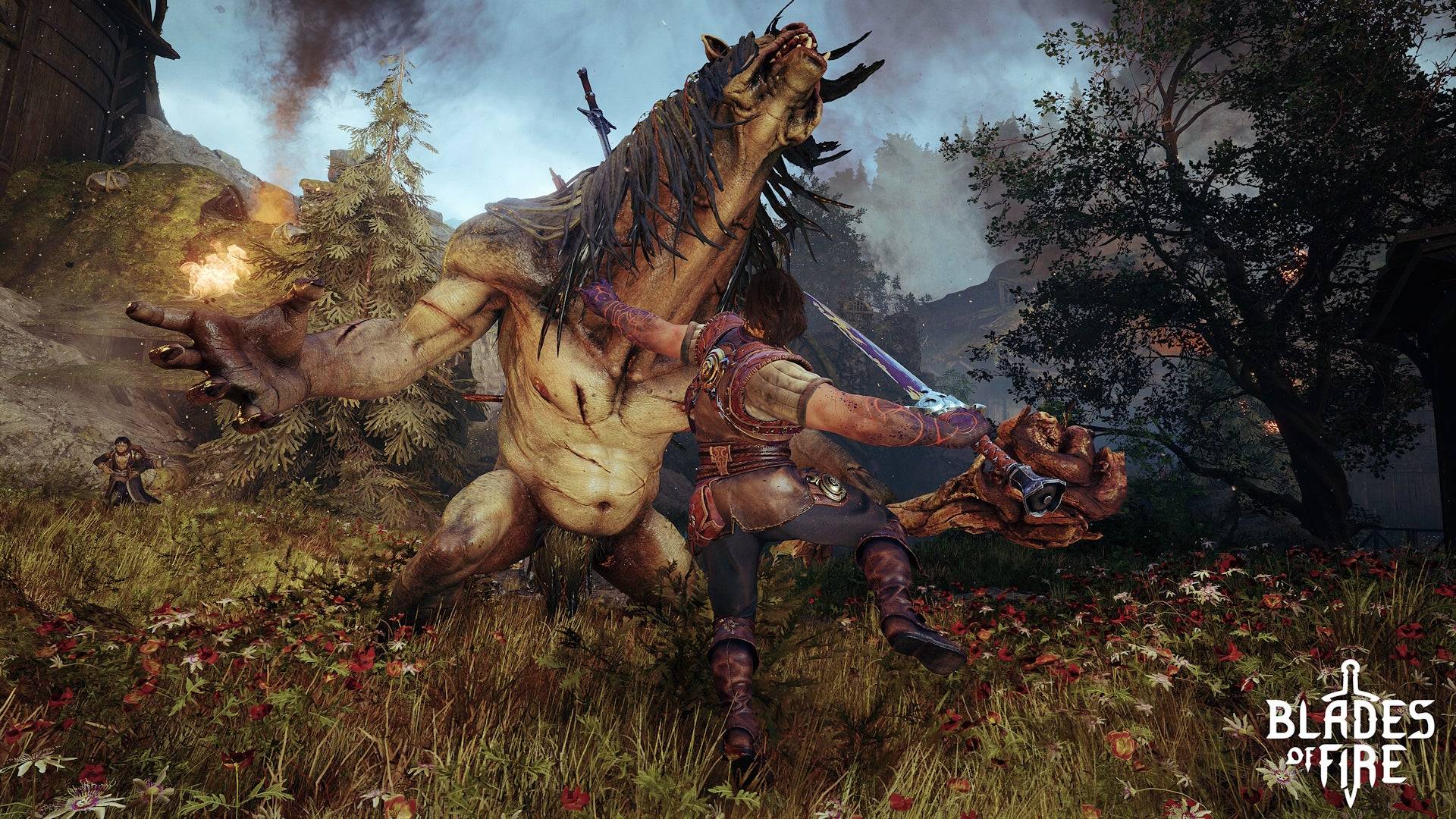
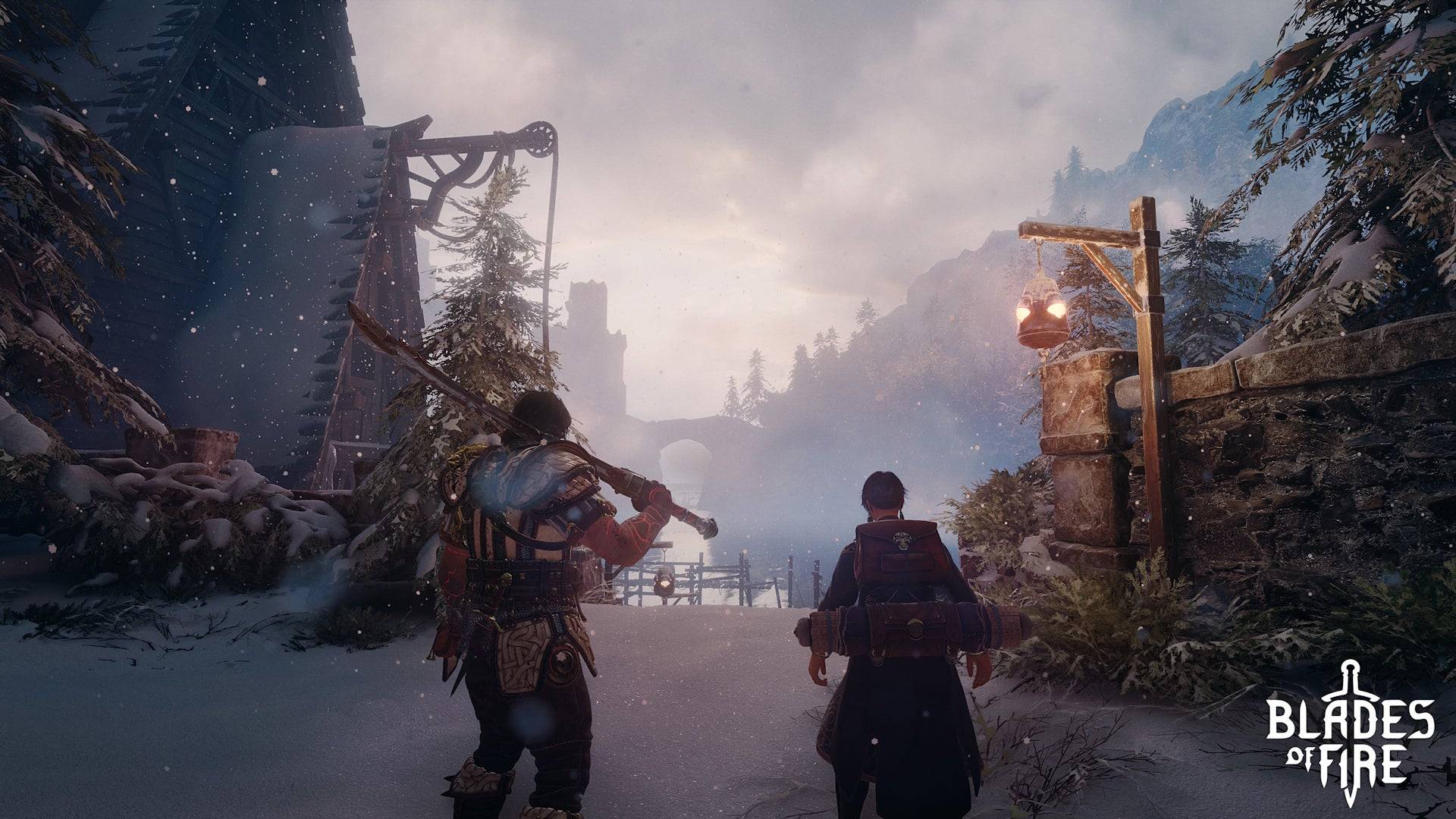
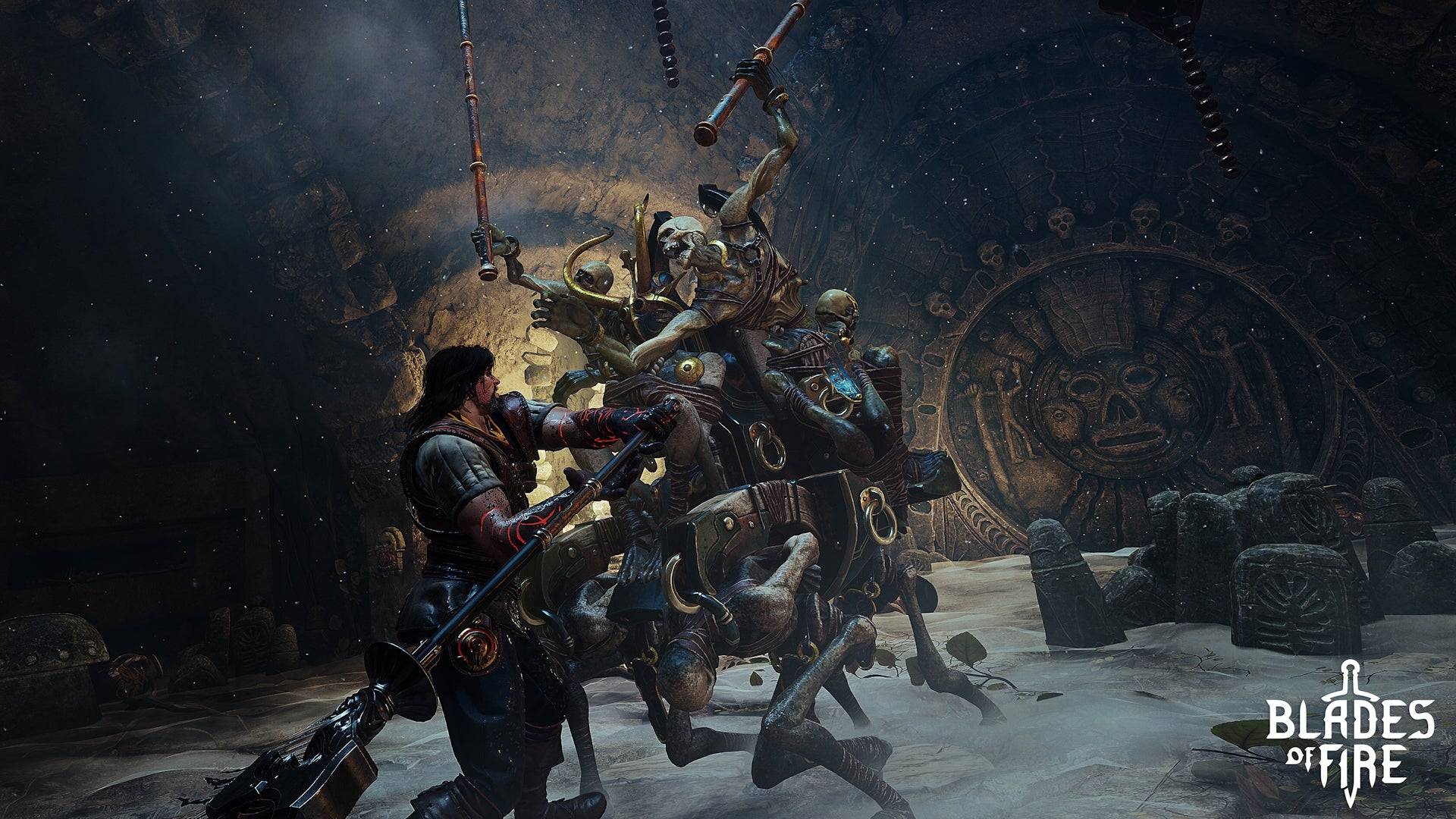
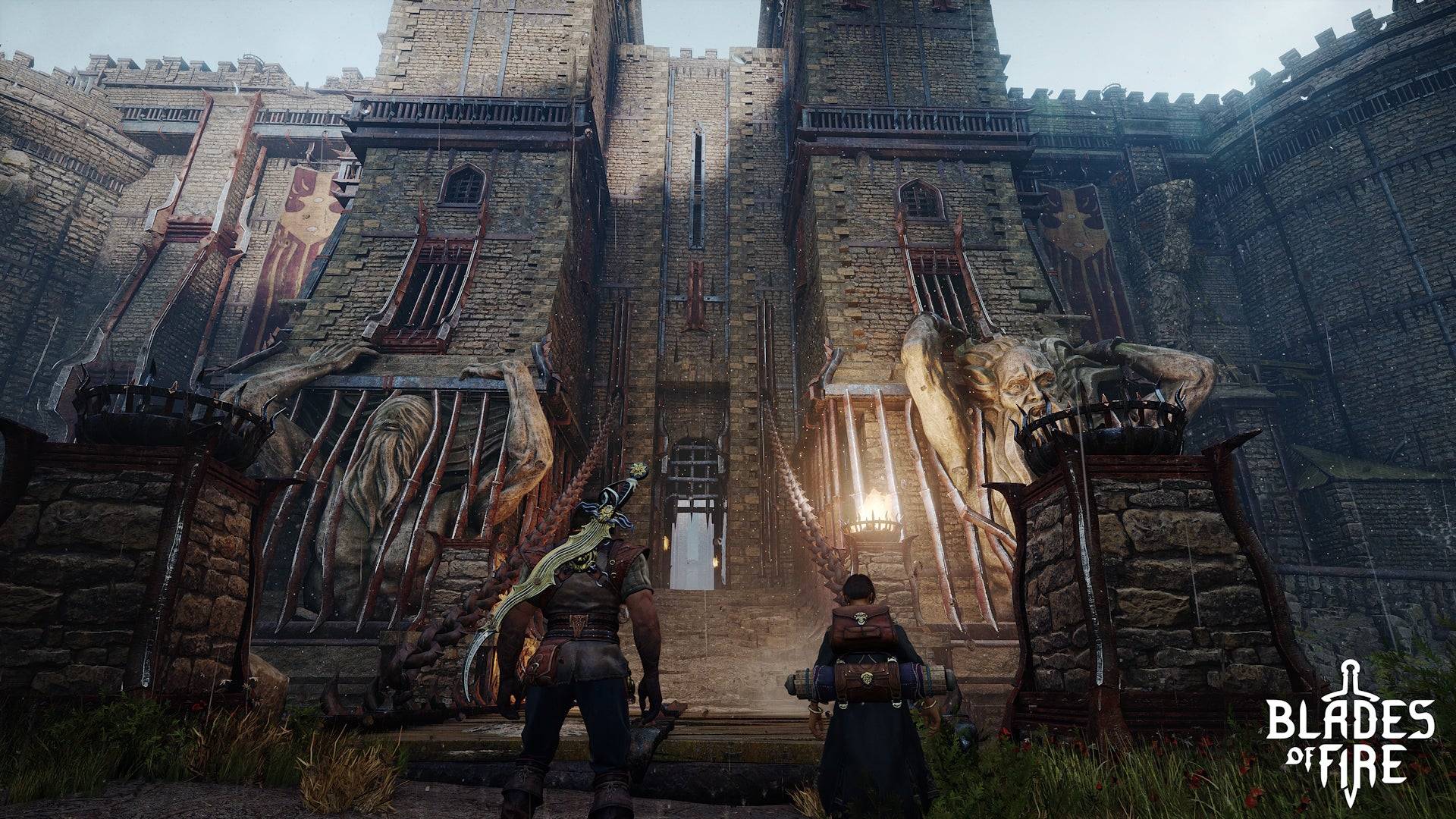
-
VOID Interactive has addressed player concerns following adjustments to the PC version of its controversial tactical shooter, Ready or Not, which were made to facilitate the game's console launch. The studio cited "misconceptions and misinformation"Author : Michael Mar 06,2026
-
Dungeons & Dragons (D&D) is the iconic tabletop role-playing game that combines collaborative storytelling with strategic gameplay through dice mechanics. Fueled by mainstream hits like the "Honor Among Thieves" movie and Baldur's Gate 3's success, tAuthor : Dylan Feb 24,2026
- Classic WoW vs. Turtle WoW: 6 Key Differences
- Mastering Two-Handed Weapons in Elden Ring: A Guide
- Ultimate Guide to Shinigami Progression in Hollow Era
- Roblox Simulator Codes: Unlock Exclusive Rewards!
- Wuthering Waves: Uncover the Secrets of Whisperwind Haven's Palette
- Top 25 Palworld Mods to Enhance Your Game

